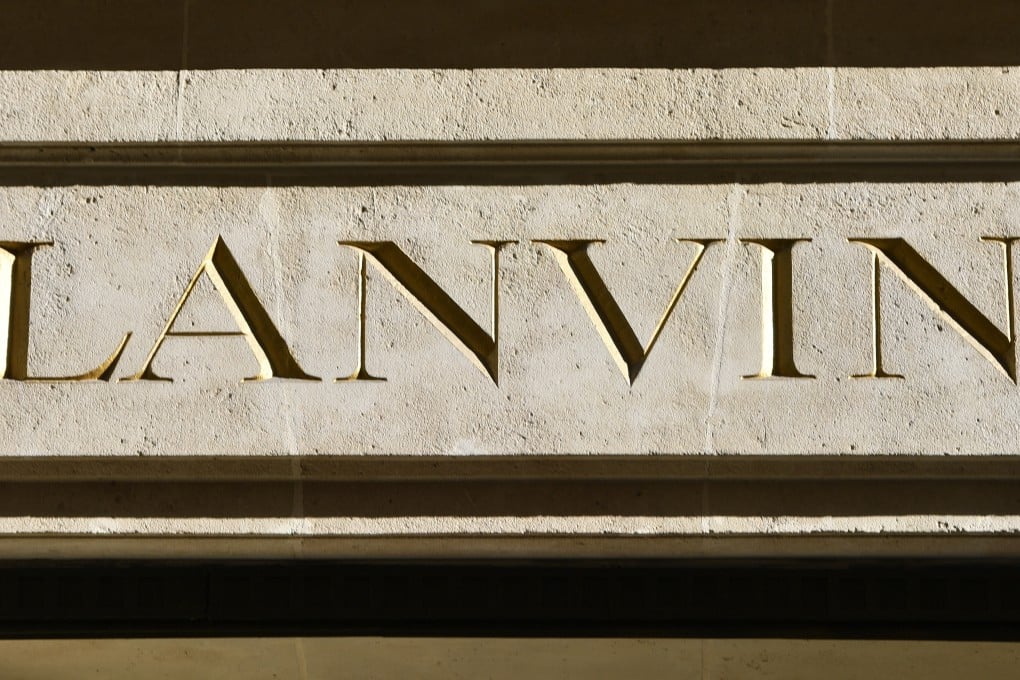Chinese-owned fashion group Lanvin aims to woo US consumers via Shopify ahead of New York listing
- Lanvin Group is expected to go public in New York next quarter after it agreed last month to merge with a ‘blank-cheque’ company backed by private equity firm Primavera Capital
- Formerly known as Fosun Fashion Group, Lanvin Group was created in 2017 as part of billionaire Guo Guangchang’s strategy to diversify his business portfolio

A fashion group backed by a Chinese billionaire and named after the French brand it acquired last October has teamed up with Canadian e-commerce platform Shopify to tap American consumers.
Lanvin Group, a subsidiary of Fosun International – owned by Chinese tycoon Guo Guangchang – announced a partnership with Shopify, an Ottawa-based e-commerce website, to bring European fashion brands to the US market.
Lanvin and Sergio Rossi will be the first among the brands to transition onto the Shopify platform for North America in the latter half of 2022.
The group rebranded itself as Lanvin last October and took on three new investors; Japanese trading conglomerate Itochu Corp, Hong Kong-listed footwear maker Stella International, and private equity firm Xizhi Capital.

Lanvin, with a valuation of US$1.5 billion, is expected to go public on the New York Stock Exchange next quarter after it agreed last month to merge with a US “blank-cheque” company backed by Chinese private equity firm Primavera Capital. The group currently operates 1,200 point-of-sale outlets, with €333 million (US$355.7 million) in revenue in 2021, according to a March investor presentation on its website.